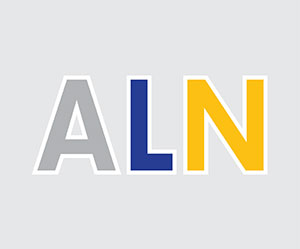La lingua ebrea
Once one is gone it is almost impossible to resurrect — Hebrew being a rare exception. Possibly 4,000 years old, it stopped being a spoken language sometime during the Roman Empire and existed only as a language of prayer — written, not spoken since that time. Jesus probably spoke Aramaic at home. But with the rise of the Zionist movement at the end of the 19th century, some thought a Jewish nation could only succeed if it had its own language and Hebrew was the logical choice. So, one man, Eliezer Ben-Yehuda, invented modern Hebrew. When his son, Ben-Zion Ben-Yehuda, was born in 1882, Ben-Yehuda and his wife spoke to him only in Hebrew and protected him from hearing other languages for years, making up words and syntax as they went along. Ben-Zion became the first person to have Hebrew as a native tongue in 1,800 years. Other families followed. Ben-Yehuda also helped create a Hebrew dictionary and form an Academy of the Hebrew Language, inventing words that did not exist in classical liturgical Hebrew. Sometimes it worked: the Hebrew word for “computer,” the academy decided, was maschev. Sometimes it didn’t: the Hebrew word for “television” is televiztia. Today, 9 million people speak Hebrew, almost 8 million in Israel as a first language, and Hebrew has a thriving literature, including a Nobel laureate, Shmuel Yosef Agnon.
















